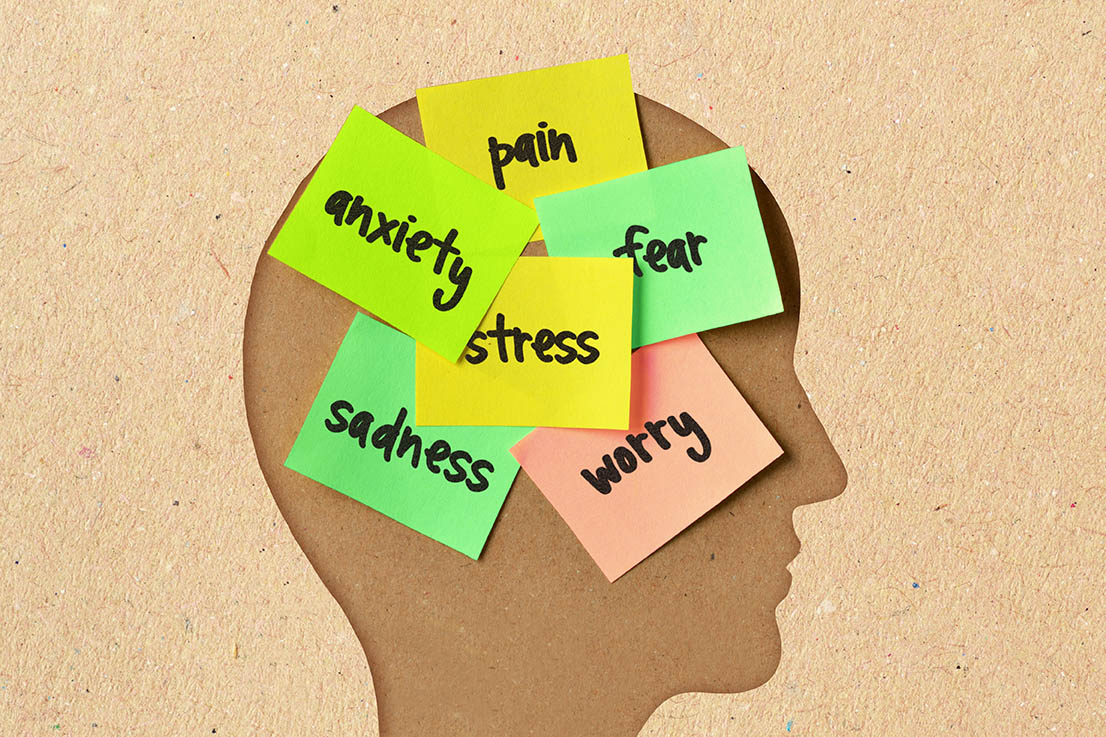Reintegrating into society after prison can be a significant challenge, impacting mental health in various ways. Formerly incarcerated individuals often face stigma, isolation, and anxiety, which can exacerbate existing mental health issues. Establishing a supportive network, seeking professional mental health services, and engaging in community resources are crucial steps in this transition. Developing a structured routine, practicing mindfulness, and focusing on physical health can also aid in maintaining mental well-being. It’s essential to address mental health proactively to foster a successful and healthy reintegration process. Here are some steps to help you maintain and improve your mental health after prison.
1. Seek Professional Support
Professional help can provide a strong foundation for your mental health:
- Therapy and Counseling: Find a therapist or counselor who specializes in post-incarceration issues. Many communities offer free or low-cost mental health services.
- Support Groups: Join groups specifically for returning citizens. Sharing experiences and challenges with others who understand can be very therapeutic.
2. Build a Support Network
Having a strong support system is vital:
- Reconnect with Family and Friends: Rebuild relationships with loved ones who can offer emotional support.
- Community Resources: Utilize community organizations that provide resources for returning citizens.
3. Establish a Routine
A stable routine can help you feel more in control and reduce anxiety:
- Daily Schedule: Create a daily schedule that includes activities like exercise, meals, and personal time.
- Set Goals: Set small, achievable goals to give you a sense of purpose and accomplishment.

4. Focus on Physical Health
Physical health directly impacts mental well-being:
- Exercise Regularly: Physical activity can reduce stress and improve mood. Find an exercise routine that you enjoy and can stick with.
- Healthy Eating: Maintain a balanced diet to support overall health.
5. Engage in Mindfulness and Relaxation Techniques
Practices like mindfulness can help manage stress and improve mental clarity:
- Meditation and Yoga: Incorporate meditation or yoga into your routine to help center your mind and body.
- Deep Breathing Exercises: Use deep breathing techniques to calm your mind during stressful moments.
6. Pursue Education and Employment
Gaining new skills and employment can boost self-esteem and provide stability:
- Job Training Programs: Enroll in job training programs to learn new skills and increase employability.
- Continuing Education: Consider furthering your education through community colleges or online courses.
7. Avoid Negative Influences
Stay away from people and situations that could lead to negative behaviors or thoughts:
- Positive Environment: Surround yourself with positive influences who encourage your growth and well-being.
- Avoid Triggers: Identify and avoid situations or people that trigger negative emotions or behaviors.

8. Stay Positive and Patient
Recovery and reintegration take time. Be patient with yourself and celebrate small victories:
- Positive Self-Talk: Practice positive self-talk to boost your confidence and outlook.
- Seek Help When Needed: Don’t hesitate to ask for help when you need it. There is strength in recognizing when you need support.
Conclusion
Rebuilding mental health after prison is a journey that requires patience, support, and proactive steps. By seeking professional help, building a support network, establishing a routine, focusing on physical health, engaging in mindfulness, pursuing education and employment, avoiding negative influences, and maintaining a positive outlook, you can navigate this transition successfully. Remember, you are not alone, and there are resources and people ready to help you on this path.

